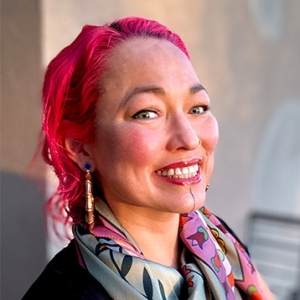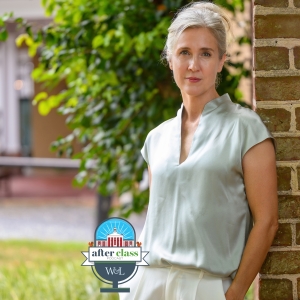
The Mudd Center

- About the Mudd Center
- People
-
Programs and Events
- 2024-2025: How We Live and Die: Stories, Values, and Communities
- 2023-2024: Ethics of Design
- 2022-2023: Beneficence: Practicing an Ethics of Care
- 2021-2022: Daily Ethics: How Individual Choices and Habits Express Our Values and Shape Our World
- 2020-2021: Global Ethics in the 21st Century: Challenges and Opportunities
- 2019-2020: The Ethics of Technology
- 2018-2019: The Ethics of Identity
- 2017-2018: Equality and Difference
- 2016-2017: Markets and Morals
- 2015-2016: The Ethics of Citizenship
- 2014-2015: Race and Justice in America
- Leadership Lab
- Mudd Undergraduate Journal of Ethics
- Highlights
- Mudd Center Fellows Program
- Get Involved
The Roger Mudd Center for Ethics advances dialogue, teaching, and research about issues of public and professional ethics across all three of the University’s schools - the College, the Williams School, and the School of Law.
Yearly Ethics Theme

How We Live and Die: Stories, Values, and Communities
The layered and productive relationships of ethics, medicine, and narrative are at the heart of this year’s examination of the four pillars of western medical ethics: autonomy, beneficence, non-maleficence, and justice. With an emphasis on narrative and testimony, the series will offer a multidisciplinary inquiry-from the fields of anthropology, art, ethics, law, medicine, and religion-into poignant questions and dilemmas related to medical research, care, and access. For instance, what happens when the harms of a medical experiment are not conveyed to its subjects? What does it mean to die with dignity? What are the conflicting social values and personal beliefs around such a practice? Why do specific diseases disproportionately affect indigenous populations in the Americas? Who has the moral responsibility to respond to such endemic disease and how? Is there a social obligation to provide healthcare to all? These questions and others bear directly on how we conceive of notions of autonomy, beneficence, non-harm, and justice, which in turn affect how we live and die.
Upcoming Public Events
The Mudd Center
-
Washington and Lee University
209 Mattingly House
Lexington, VA 24450












